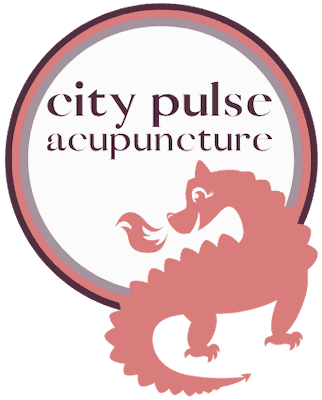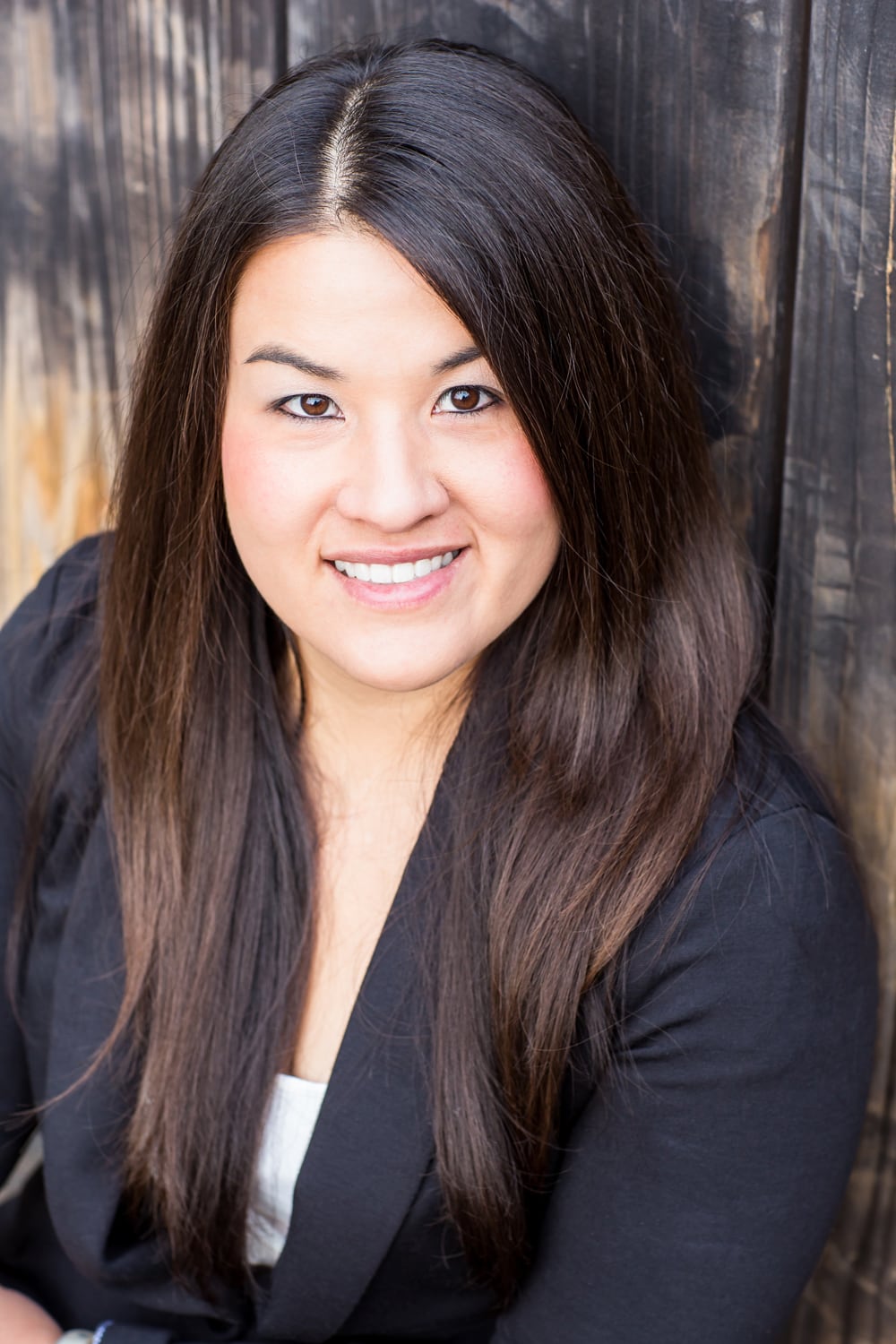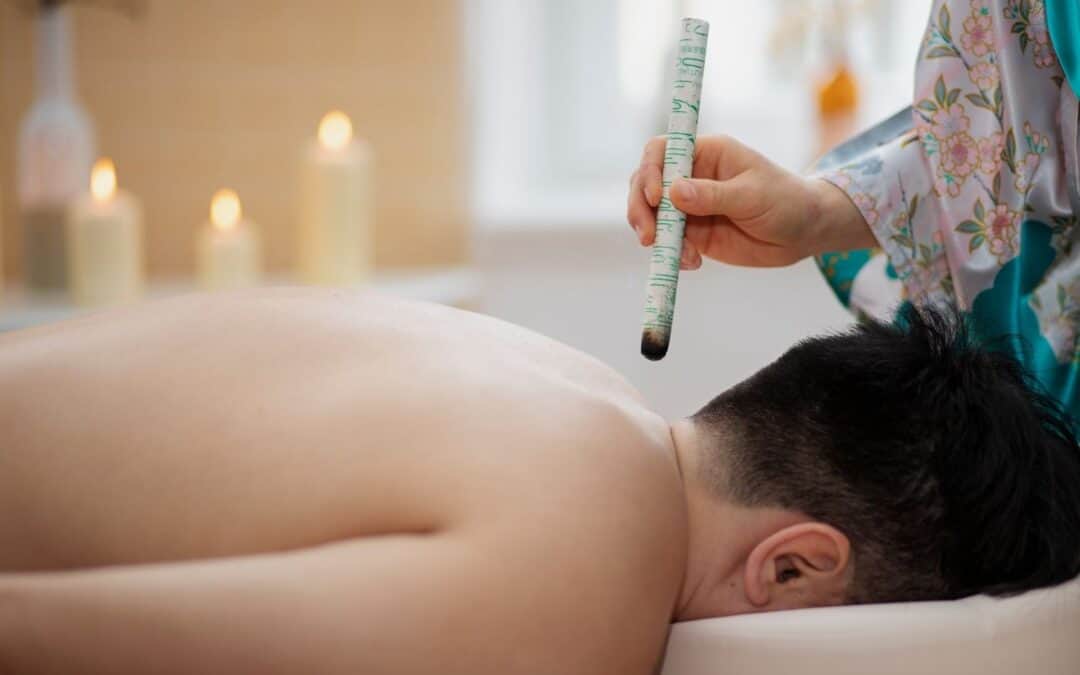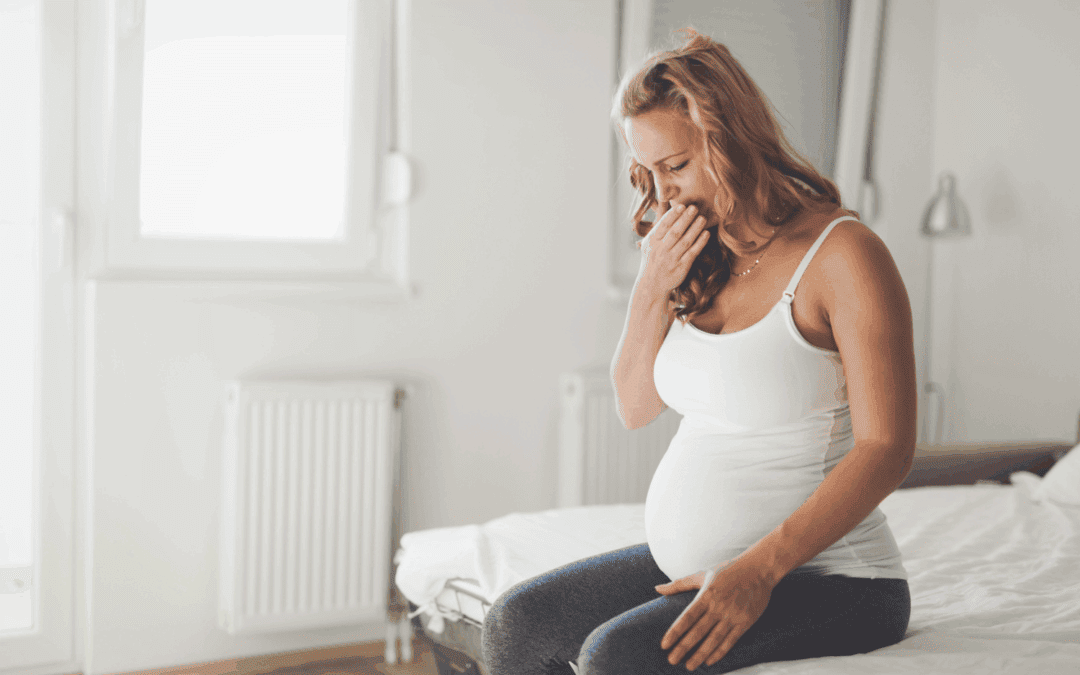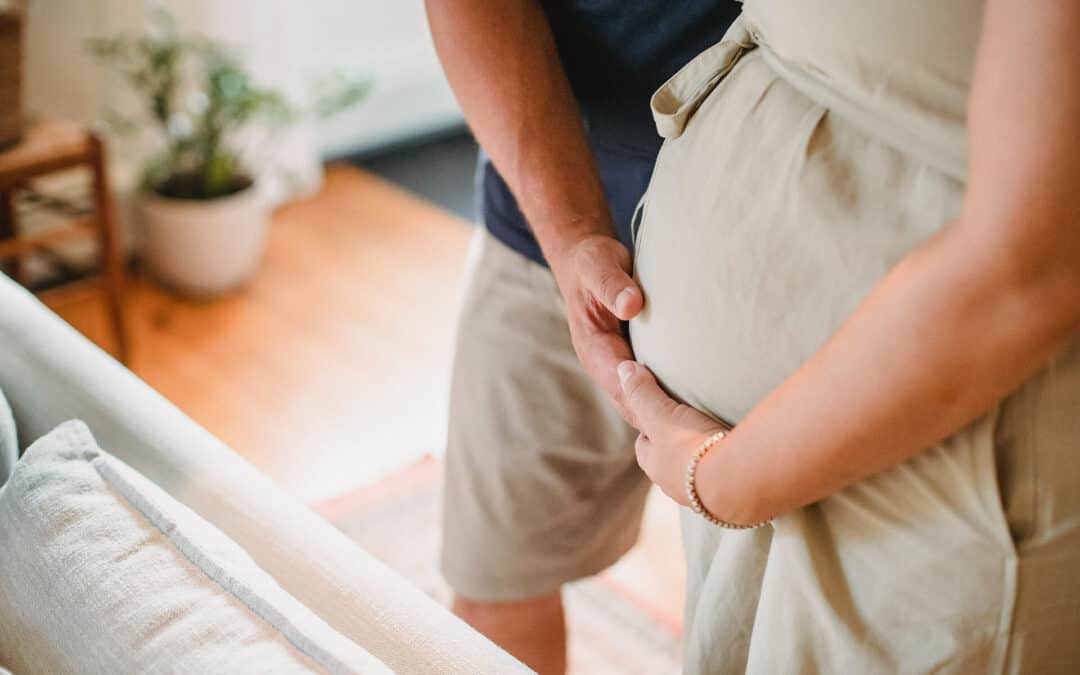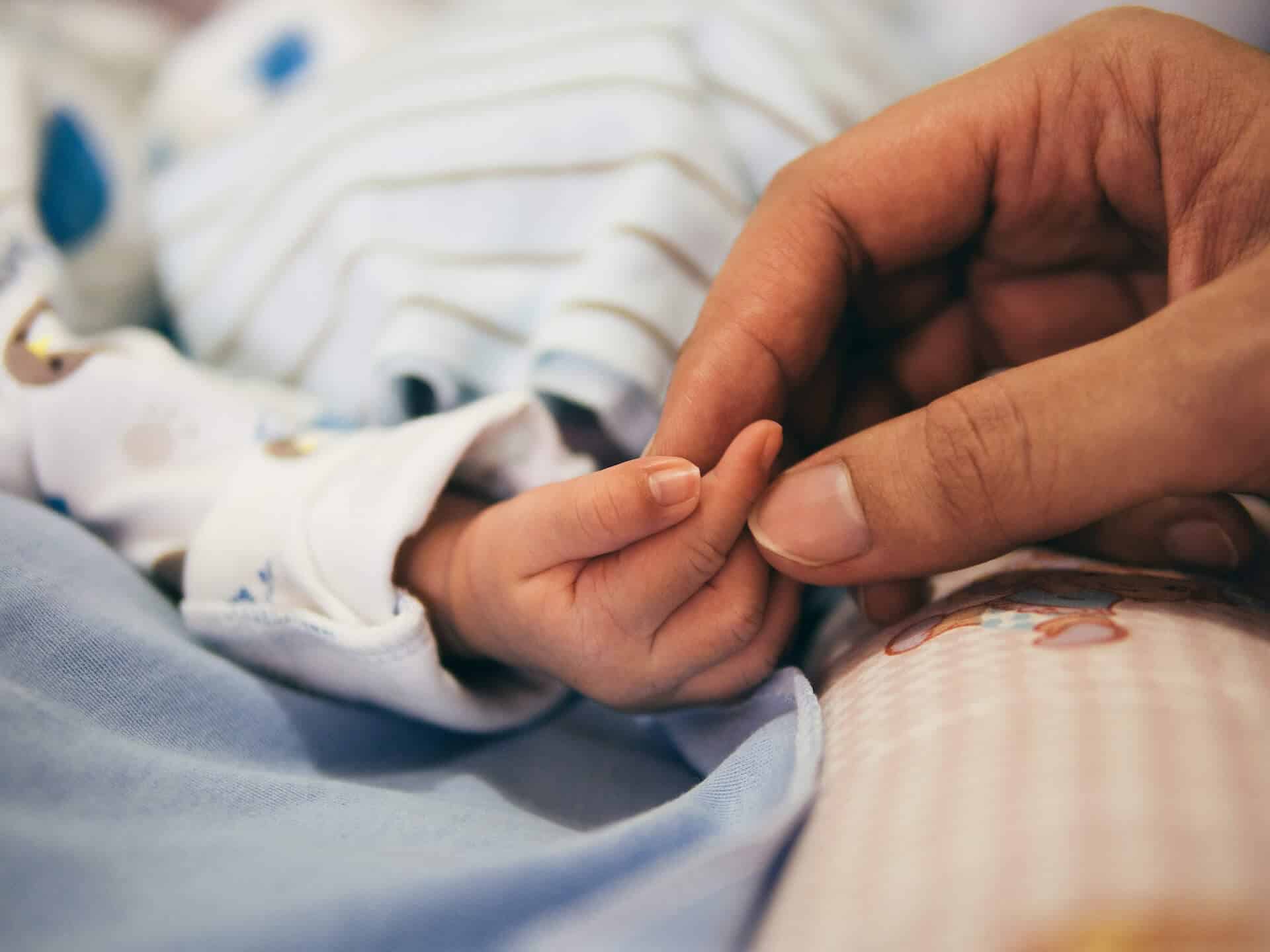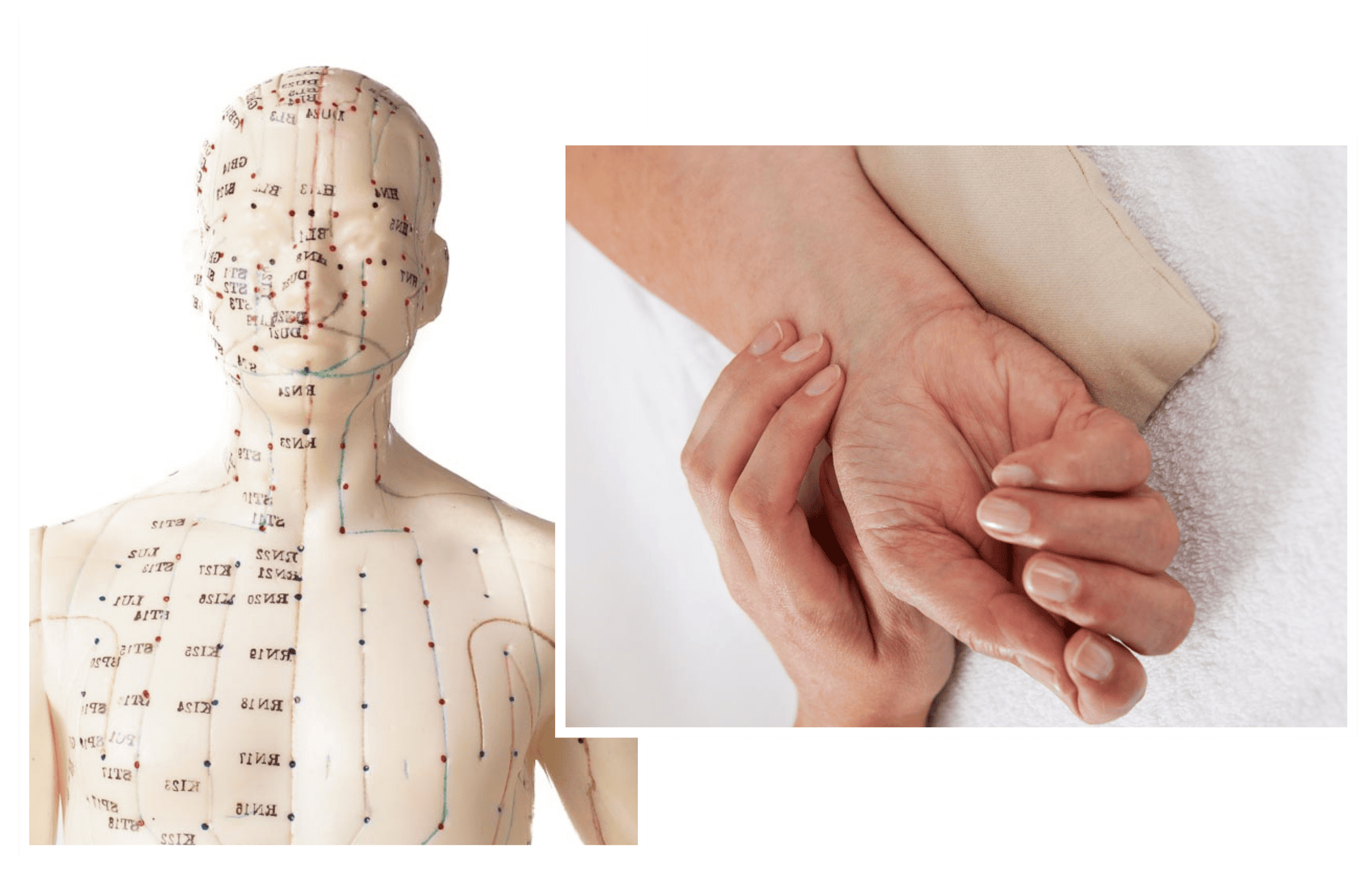Fertility Acupuncture: A Holistic Approach to Boosting Reproductive Wellness

- What is Fertility Acupuncture?
- How to Find a Fertility Acupuncturist
- Initial Consultation: Setting the Stage for Success
- During the Fertility Acupuncture Session: What Happens?
- Post-Treatment: What to Expect
- What Are the Benefits of Fertility Acupuncture?
- Potential Side Effects and Considerations
- Choosing the Right Fertility Acupuncturist
- Conclusion: Enhancing Fertility with Acupuncture
Fertility acupuncture is becoming an increasingly popular alternative or complementary therapy for those seeking to enhance their reproductive health. Whether you’re trying to conceive naturally/without assistance or in combination with other fertility treatments, acupuncture can offer significant benefits in promoting overall wellness, reducing stress, and improving fertility outcomes. In this article, we’ll explore what you should expect during a fertility acupuncture session, focusing on providing valuable insights to help alleviate any concerns or uncertainty.
We will cover everything you need to know about fertility acupuncture. By the end, you’ll understand the process, the potential benefits, and what makes fertility acupuncture a trusted option for many.
What is Fertility Acupuncture?
Fertility acupuncture is a specialized form of Traditional Chinese Medicine (TCM) that focuses on using thin, sterilized needles inserted into specific points on the body to regulate energy flow or “Qi” (pronounced “chee”). The purpose of acupuncture for fertility is to restore balance to the body, improve blood circulation to the reproductive organs, regulate hormonal imbalances, and reduce stress—all factors that may contribute to difficulty in conceiving.
Acupuncture has been practiced for thousands of years in China and has grown in popularity across the world, particularly for its applications in pain relief, stress management, and, more recently, fertility support.
How Fertility Acupuncture Works
From a Western medicine perspective, acupuncture may stimulate the nervous system, triggering the release of hormones and increasing blood flow to key areas, including the reproductive organs. This can lead to a more regulated menstrual cycle, improved egg quality, and better overall reproductive health. Additionally, acupuncture is believed to reduce stress, which is a known inhibitor of fertility.
While research is ongoing, many studies suggest that acupuncture can be effective in improving fertility outcomes, especially when combined with other treatments such as in vitro fertilization (IVF).
How to Find a Fertility Acupuncturist
If you’re searching for fertility acupuncture in the Oakland area, you’ll find that the city boasts numerous licensed practitioners specializing in fertility treatments. Look for a certified fertility acupuncturist. It’s also important to choose a certified Fellow of the Acupuncture and TCM Board of Reproductive Medicine (FABORM) and/or your state’s board of acupuncture.
Seek an acupuncturist who focuses on comprehensive care that integrates traditional techniques with modern medical approaches, providing a holistic treatment plan tailored to your specific needs.
Initial Consultation: Setting the Stage for Success
Your first visit to a fertility acupuncturist will likely include an in-depth consultation. The practitioner will ask about your general health, medical history, menstrual cycle, and any fertility concerns. They’ll want to understand whether you’re trying to conceive without assistance or undergoing fertility treatments like IVF or IUI (intrauterine insemination).
Comprehensive Health Assessment
Expect your acupuncturist to ask detailed questions about your:
- Menstrual cycle (e.g., regularity, length, pain levels, spotting)
- Medical history, including previous pregnancies or miscarriages
- Stress levels and emotional well-being
- Current medications or fertility treatments
- Diet and lifestyle habits
This well-rounded approach is used to identify potential imbalances or areas that could benefit from acupuncture. In TCM, everything is interconnected, so even seemingly unrelated symptoms could offer valuable insights into your overall health.
Tongue and Pulse Diagnosis
Another aspect of your initial consultation will likely include a tongue and pulse diagnosis—two common diagnostic tools used in Traditional Chinese Medicine. Your practitioner will examine the color, coating, and shape of your tongue, as it reflects your internal organs and overall health. They will also take your pulse at different points along your wrist to assess your Qi and blood circulation.
Developing a Treatment Plan
After gathering all this information, the acupuncturist will develop a personalized treatment plan. This may include regular acupuncture sessions, dietary and lifestyle advice, and potentially the use of Chinese herbs to support your fertility journey.
During the Fertility Acupuncture Session: What Happens?
Once your consultation is complete and a treatment plan is in place, you’ll begin the acupuncture session. Here’s what to expect during this part of the process:
Preparing for the Session
You’ll typically be asked to lie down on a comfortable treatment table. Depending on the acupuncturist’s recommendation, you might be positioned face-up or face-down. Your acupuncturist will then swab the specific acupuncture points with alcohol to clean the area before inserting the needles.
Needle Insertion: Gentle and Painless
One of the most common concerns people have about acupuncture is the fear of needles. However, acupuncture needles are extremely thin—about the size of a strand of hair—and their insertion is usually painless. You may feel a mild tingling sensation, a slight pinch, or a sense of warmth when the needles are inserted, but any discomfort is generally minimal and fleeting.
For fertility acupuncture, the needles are often inserted in areas related to reproductive health, such as the lower abdomen, legs, and ears. Some common acupuncture points used in fertility treatments include:
- CV4 (Conception Vessel 4): Located on the lower abdomen, this point is believed to nourish the uterus and boost fertility.
- SP6 (Spleen 6): Situated on the inner leg, this point is commonly used to regulate menstrual cycles and improve reproductive function.
- ST36 (Stomach 36): Located just below the knee, this point enhances overall vitality and strengthens the body’s immune system.
- LI4 (Large Intestine 4): Located on the hand, this point is often used to relieve stress and tension.
The Sensation of “Qi”
After the needles are inserted, your acupuncturist may gently manipulate them to stimulate the flow of Qi. Some people describe this sensation as a tingling, warmth, or slight pressure. This is a sign that the energy is flowing through the meridians and that the acupuncture points are being activated.
Relaxation Time
Once the needles are in place, you’ll be left to relax for 20 to 40 minutes. Many patients find this part of the session incredibly soothing and often describe it as a meditative experience. Some even fall asleep during treatment.
End of the Session
At the end of the session, the needles are carefully removed, and you’ll be given a few minutes to rest before getting up. Most people feel relaxed and rejuvenated afterward. Some may experience a sense of lightness or emotional release.
Post-Treatment: What to Expect
After your fertility acupuncture session, you may notice a range of effects. For some, immediate relaxation or stress relief is the most noticeable outcome. Others might experience subtle shifts in energy or emotional balance. Over time, as you continue with regular treatments, you may observe improvements in your menstrual cycle, reduced PMS symptoms, or even enhanced fertility markers.
Frequency of Treatment
The frequency of your acupuncture sessions will depend on your individual needs and goals. For fertility support, many practitioners recommend weekly sessions, especially during key times in your menstrual cycle. For those undergoing IVF or other fertility treatments, acupuncture may be timed to coincide with specific stages of the treatment, such as before and after embryo transfer.
Combining Acupuncture with Other Fertility Treatments
Fertility acupuncture can be used as a stand-alone therapy, but it is often integrated with Western fertility treatments like IVF, IUI, or medication protocols. Research has shown that acupuncture may improve the success rates of IVF when administered before and after embryo transfer.
Your acupuncturist will work closely with your fertility specialist to ensure that your treatments are aligned and that acupuncture complements your overall fertility plan.
What Are the Benefits of Fertility Acupuncture?
Acupuncture for fertility offers a wide array of potential benefits, including:
- Improved blood flow to reproductive organs: Acupuncture can enhance blood circulation to the ovaries and uterus, which may improve egg quality and endometrial thickness.
- Regulation of hormones: Acupuncture can help balance hormone levels, which is crucial for ovulation and maintaining a healthy menstrual cycle.
- Reduced stress and anxiety: Stress is a major factor that can negatively affect fertility. Acupuncture promotes relaxation and reduces cortisol levels, helping you stay calm during your fertility journey.
- Better sleep and emotional well-being: Many people report improved sleep and emotional balance after regular acupuncture sessions.
- Complementary to IVF and IUI: Studies suggest that acupuncture may increase the success rates of assisted reproductive technologies like IVF, especially when performed at specific times during the treatment cycle.
Potential Side Effects and Considerations
While fertility acupuncture is generally safe, there are a few things to keep in mind:
- Minor bruising or soreness: Some individuals may experience minor bruising or soreness at the needle insertion sites, though this is rare.
- Dizziness or lightheadedness: In rare cases, some people might feel lightheaded after a session. It’s a good idea to rest for a few minutes before getting up.
- Pre-existing conditions: If you have any medical conditions, be sure to inform your acupuncturist so they can tailor the treatment to your needs.
Acupuncture is a holistic treatment, but it is not a one-size-fits-all solution. The effectiveness of fertility acupuncture can vary depending on individual factors, such as age, underlying health conditions, and the specific fertility challenges you’re facing.
Choosing the Right Fertility Acupuncturist
If you’re looking for fertility acupuncture, it’s essential to choose a practitioner who has experience in treating fertility-related issues. Here are a few tips to help you find the right acupuncturist:
- Check credentials: Ensure that the practitioner is a certified Fellow of the Acupuncture and TCM Board of Reproductive Medicine (FABORM) and/or your state’s acupuncture board.
- Look for experience: Seek out acupuncturists who specialize in fertility acupuncture and have experience working with clients dealing with infertility or undergoing fertility treatments.
- Read reviews: Look at online reviews or ask for referrals from friends, family, or your fertility specialist.
- Consultation: Many acupuncturists offer an initial consultation to discuss your concerns and goals. Use this opportunity to gauge their expertise and determine if you feel comfortable with their approach.
Conclusion: Enhancing Fertility with Acupuncture
Fertility acupuncture offers a holistic, non-invasive approach to improving reproductive health and supporting your fertility journey. Whether you’re trying to conceive naturally or undergoing fertility treatments like IVF, acupuncture can play a valuable role in promoting balance, reducing stress, and enhancing overall well-being.
By choosing an experienced acupuncturist, and committing to a tailored treatment plan, you can take a proactive step toward optimizing your fertility and achieving your family-building goals. As with any treatment, it’s important to stay patient and consistent, as acupuncture often works gradually over time. With the right support, fertility acupuncture can be a beneficial part of your path to parenthood.
FAQs
What is fertility acupuncture, and how does it work?
Fertility acupuncture is a specialized form of Traditional Chinese Medicine (TCM) aimed at enhancing reproductive health. It involves the insertion of very thin, sterilized needles into specific points on the body to regulate energy flow, known as “Qi.” This practice helps to improve blood circulation, balance hormones, and reduce stress, all of which can support fertility. Acupuncture may also stimulate the nervous system to release hormones, enhance blood flow to reproductive organs, and help regulate menstrual cycles.
Does acupuncture hurt?
No, acupuncture is generally not painful. The needles used in acupuncture are extremely thin—much smaller than the needles used for injections or drawing blood. You may feel a mild tingling sensation, a dull ache, or warmth at the insertion points, but the discomfort is usually minimal and temporary. Most people find acupuncture to be a relaxing and soothing experience.
How can acupuncture improve fertility?
Acupuncture can support fertility in several ways:
– Regulates menstrual cycles: Acupuncture may help regulate ovulation and menstrual cycles by balancing hormone levels.
– Improves blood flow: It enhances blood circulation to the ovaries and uterus, which may improve egg quality and help create a more favorable environment for implantation.
– Reduces stress: Acupuncture is known for its stress-reducing benefits, which is crucial because high levels of stress can negatively impact fertility.
– Balances hormones: It helps address hormonal imbalances that can affect reproductive health.
Is acupuncture effective when combined with fertility treatments like IVF or IUI?
Yes, acupuncture is often used alongside fertility treatments like IVF (in vitro fertilization) and IUI (intrauterine insemination). Some studies suggest that acupuncture can improve the success rates of these treatments, especially when performed at specific times in the fertility cycle, such as just before and after embryo transfer during IVF. Acupuncture helps by enhancing blood flow to the uterus, reducing stress, and promoting relaxation during the process.
How often should I get acupuncture for fertility?
The frequency of acupuncture sessions will depend on your specific needs and fertility goals. Many acupuncturists recommend weekly sessions for individuals trying to conceive, especially during key phases of the menstrual cycle. For those undergoing fertility treatments like IVF, acupuncture sessions may be timed to correspond with certain stages of the treatment, such as before and after embryo transfer.
What should I expect during my first fertility acupuncture session?
During your first fertility acupuncture session, you can expect a comprehensive consultation with your acupuncturist. They will ask you about your general health, menstrual cycle, stress levels, and fertility concerns. You may also undergo a tongue and pulse diagnosis, which are common diagnostic tools in Traditional Chinese Medicine. After this initial consultation, the acupuncturist will develop a personalized treatment plan tailored to your fertility needs. The acupuncture session itself involves lying down on a treatment table while very fine needles are inserted into specific points on your body to stimulate Qi and promote reproductive health.
What areas of the body are targeted during a fertility acupuncture session?
During a fertility acupuncture session, needles are typically placed in areas related to reproductive health, such as the lower abdomen, legs, and ears. Some common acupuncture points for fertility include:
– CV4 (Conception Vessel 4): On the lower abdomen, often used to nourish the uterus.
– SP6 (Spleen 6): On the inner leg, used to regulate the menstrual cycle.
– ST36 (Stomach 36): Below the knee, known to improve overall vitality.
– LI4 (Large Intestine 4): On the hand, commonly used to relieve stress and promote relaxation.
How long does each fertility acupuncture session last?
A typical fertility acupuncture session lasts between 45 minutes to an hour. The acupuncture itself usually lasts 20-40 minutes, during which time the needles are left in place while you relax. The overall length of the session may vary based on the practitioner’s approach and the complexity of your treatment plan.
Are there any side effects or risks associated with fertility acupuncture?
Fertility acupuncture is generally considered safe when performed by a licensed and experienced practitioner. The most common side effects, though rare, may include minor bruising, soreness, or lightheadedness after a session. If you have any underlying medical conditions, it’s important to inform your acupuncturist so they can tailor the treatment accordingly. Always make sure that your acupuncturist uses sterile, single-use needles to minimize any risk of infection.
How soon will I see results from fertility acupuncture?
The time it takes to see results from fertility acupuncture varies from person to person. Some individuals may notice immediate improvements in their stress levels, sleep quality, or menstrual regularity, while others may require several weeks or months of consistent treatments to observe significant changes in their fertility health. Patience and consistency are key, as acupuncture tends to work gradually by addressing underlying imbalances.
Can acupuncture be used for male fertility issues?
Yes, acupuncture can also be beneficial for male fertility. Studies have shown that acupuncture may improve sperm quality, motility, and count by increasing blood flow to the reproductive organs and balancing hormone levels. For men dealing with fertility issues, acupuncture is often used as part of a broader treatment plan, sometimes in combination with lifestyle changes and medical interventions.
What should I wear to my acupuncture session?
It’s best to wear loose, comfortable clothing to your acupuncture session. This will make it easier for the acupuncturist to access key acupuncture points, particularly on your abdomen, legs, and arms. Many clinics will provide blankets or towels to cover up areas that are not being treated, ensuring you feel comfortable and at ease throughout the session.
Is fertility acupuncture covered by insurance?
Coverage for fertility acupuncture varies depending on your health insurance plan. Some insurance providers cover acupuncture treatments, especially if they are deemed medically necessary. If you’re undergoing fertility treatments like IVF, your insurance may cover acupuncture as a complementary therapy. It’s a good idea to check with your insurance provider or speak with the acupuncture clinic directly to determine your coverage options.
How does acupuncture help with stress related to fertility struggles?
Fertility challenges can be highly stressful, and prolonged stress can negatively affect hormonal balance, ovulation, and overall fertility. Acupuncture helps reduce stress by promoting the release of endorphins, the body’s natural “feel-good” hormones, which help you relax and reduce anxiety. Regular acupuncture sessions can lower cortisol levels (the stress hormone), which may improve your overall sense of well-being and, in turn, support your fertility journey.
Can acupuncture help with recurrent miscarriages?
Acupuncture may help address some of the underlying causes of recurrent miscarriages, such as hormonal imbalances, stress, or immune system dysfunction. By regulating hormone levels, improving blood flow to the uterus, and promoting overall reproductive health, acupuncture could help create a healthier environment for conception and pregnancy. However, it’s important to work with both your acupuncturist and a fertility specialist to address any medical concerns related to recurrent miscarriages.

